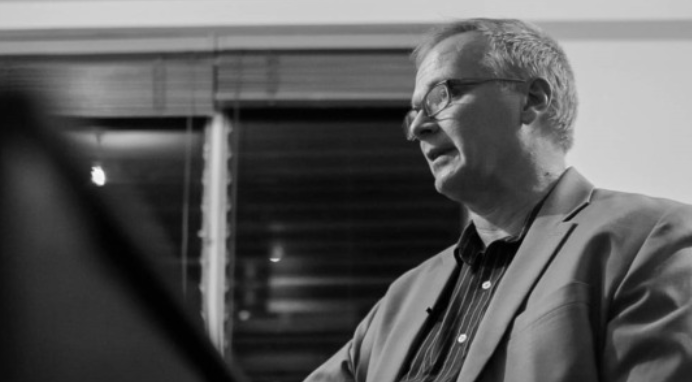As noted in our live blog last night, Venezuela’s National Electoral Council (CNE) issued the preliminary results of yesterday’s legislative elections at around 12:30am local time. The results are historic: the Democratic Unity Roundtable (MUD) coalition has won 99 out of 167 seats in the 2015-2020 National Assembly, though 22 seats are still in play.
WOLA Senior Fellow David Smilde was in the CNE offices last night in Caracas, and was among the first to respond to the results. Take a look over a few of the stories below to get a better sense of what’s in store for Venezuela’s polarized political climate.
In remarks to USA Today’s Peter Wilson, Smilde called the initial results “a huge win for the opposition.” However, he notes that the fact that 22 seats haven’t been decided yet is critical, as it could determine whether the opposition gets a simple, 3/5, or 2/3 majority (see my post explaining what the MUD could do in each of these scenarios).
This is the first time in 15 years that the Chavistas have lost a majority in the National Assembly. “All of this is uncharted waters for the government and the opposition,” Smilde told Bloomberg News.
On NPR’s Morning Edition, Smilde tells John Otis that it is “very likely” that the opposition will try to push for a recall referendum of President Nicolas Maduro in 2016, which could lead to his ouster.
However, as Smilde noted in an interview with Fusion’s Manuel Rueda, the opposition would do well to avoid fueling the polarization by focusing exclusively on Maduro’s ouster at the expense of everyday issues like scarcity and inflation. “We’re going to see a lot of power plays from both sides, and the ones who lose could end up being the Venezuelan people,” he added.
As it happens, the MUD is not entirely united on this front. Some members of the opposition believe it is in their interests to avoid such a clash with the ruling Socialist Party, while others see it as the logical next step. As Smilde remarked to Al Jazeera America, “Some radicals want to try to get rid of Maduro through a referendum, others think it’s better to work with the government.”
But the Chavista coalition is divided as well. As Smilde told The Economist: “Some in chavismo likely think his leadership is the problem,” he says.




